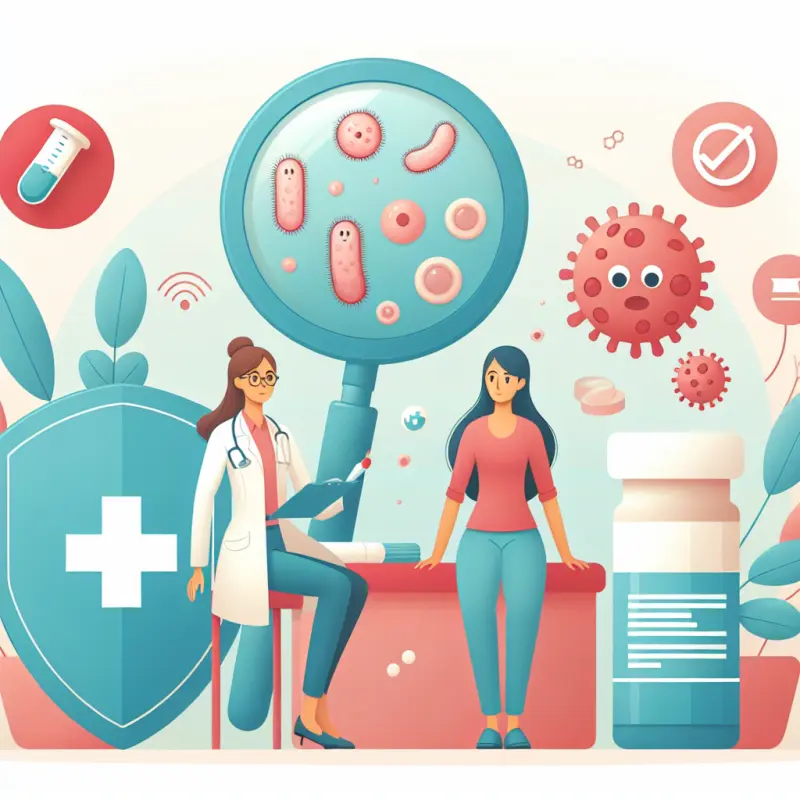Syphilis: Symptoms, Diagnosis, Treatment, and Prevention

Description
Syphilis is a sexually transmitted infection (STI) caused by the bacterium Treponema pallidum. It is known for its complex progression through distinct stages: primary, secondary, latent, and tertiary. Syphilis is transmitted through direct contact with a syphilitic sore (chancre) during vaginal, anal, or oral sex. Pregnant women can also pass syphilis to their unborn child, leading to congenital syphilis, which can cause severe health problems or death in infants.
Syphilis rates have been rising in recent years, making awareness and prevention more important than ever. If left untreated, syphilis can cause serious long-term health issues, including damage to the heart, brain, and other organs.
Symptoms
Syphilis symptoms vary depending on the stage of infection. The disease progresses through four stages, each with different signs and symptoms.
Primary Syphilis
- Appearance of a single sore (chancre) or multiple sores at the site of infection (genitals, anus, or mouth)
- The sore is usually firm, round, and painless
- Sores heal on their own within 3-6 weeks
Secondary Syphilis
- Skin rashes (often on the palms of the hands and soles of the feet)
- Mucous membrane lesions
- Fever
- Swollen lymph nodes
- Sore throat
- Patchy hair loss
- Headaches
- Weight loss
- Muscle aches
- Fatigue
Latent Syphilis
- No symptoms
- Can last for years
Tertiary Syphilis
- Occurs in about 15-30% of untreated cases
- Can damage the heart, blood vessels, brain, nerves, eyes, liver, bones, and joints
- Can be life-threatening
How to Know if You Have It
The only way to diagnose syphilis is through a blood test or examination of fluid from a syphilitic sore. Testing is recommended for:
- Anyone with symptoms of syphilis
- Pregnant women
- Men who have sex with men
- People with HIV
- Anyone with a partner diagnosed with syphilis
If you suspect you have been exposed to syphilis, avoid sexual contact and see a healthcare provider for testing. Early detection is crucial for effective treatment and preventing complications.
Treatment
Syphilis is treated with antibiotics, usually an intramuscular injection of penicillin. Early treatment is highly effective. It is important to:
- Complete the full course of treatment
- Abstain from sexual activity until sores are healed and your healthcare provider says it is safe
- Inform sexual partners so they can be tested and treated
- Get follow-up blood tests to ensure the infection is gone
Untreated syphilis can cause severe health problems, including:
- Neurological issues (neurosyphilis)
- Cardiovascular syphilis
- Organ damage
- Death
Conclusion
Syphilis is a serious but treatable STI. Awareness, regular testing, and safe sex practices are essential for prevention. If you are sexually active, talk to your healthcare provider about regular STI screening. Early detection and treatment are the best ways to protect your health and prevent the spread of syphilis.